On Jan. 1, 2019, the Wolf Creek Railroad, at Milan, Tenn., and the Iowa & Middletown Railway near Burlington, Iowa, will join the Raritan Central Railway in Edison, N.J., and Pennsylvania & Southern in Chambersburg, Pa., in the newly named Rail Enterprise Group.
In a letter to prospective shippers, Eyal Shapira, president of the Newton, Mass., company, says the expansion into Tennessee and Iowa was “carrying our successful service model to an entirely new region of the country.”
“My goal is economic development using rail as the main vehicle,” Shapira tells News Wire. “We want to bring companies that are rail-dependent businesses.”
Shapira’s business model has been offering rail and transloading services on sites where the U.S. Army has large sites that have been partially opened for commercial development. The Wolf Creek Railroad will operate on the Army’s Milan Army Munitions Depot.
The Middletown & Iowa will start operations on 152 acres of the Middletown Iowa Army Munitions plant in Middletown, Iowa, with the prospect of adding 800 more acres in the future. The short line will connect to the national system by way of a BNSF Railway line.
Milan and Middletown are managed by defense contractor American Ordnance LLC. Appalachian Railcar Services uses the rail network at both sites for car storage, but its contracts expire on Dec. 31.
The Army began manufacturing munitions at the Middletown plant in the 1940s, but Jeremy Hess, economic development director for the Greater Burlington (Iowa) Partnership said that the greatest part of the property has been leased to local farmers.
“It’s been farm ground forever,” Hess said. “Along the borders of the facility there’s all this beautiful ground that just sits there.”
A representative for the Milan location did not return calls or emails for this story.
The Milan and Middletown sites are parts of the Army’s Armament Retooling and Manufacturing Support Program. Congress created the program in 1993 to encourage commercial development as a way to offset the costs of maintenance and operations, according to the ARMS and American Ordnance websites.
Hess said that the Army leases land for up to 50 years. In addition to bare ground, the Middletown site has 33 buildings with rail and truck access. They date to the 1950s, but “they were built to last forever.” ARMS recently upgraded two structures for demonstration purposes.
“It’s a super ground for economic development, but there’s a plus and a minus,” Hess says. “The plus is there’s never any property tax for companies that locate on this federal ground. The flip side is they never actually own the ground.”
Companies also won’t have to deal with local zoning ordinances because there are none on federal land.
Shapira started the Raritan Central in 2001 on the former Raritan Arsenal, which was bought by private developers in the 1960s. The Pennsylvania & Southern began operations in 2004. He said today the two lines combined handle some 10,000 carloads per year. He expects the Iowa and Tennessee railroads to reach the same volume within five years.
“That’s good for everybody. I want to see jobs, and activities to supplement what we’re doing here in southeast Iowa,” Hess said. He says it’s his responsibility to lead the development effort, but “Eyal has his team. We needed to have a partner who is not only ready to knock on doors, but probably kick a few in.”






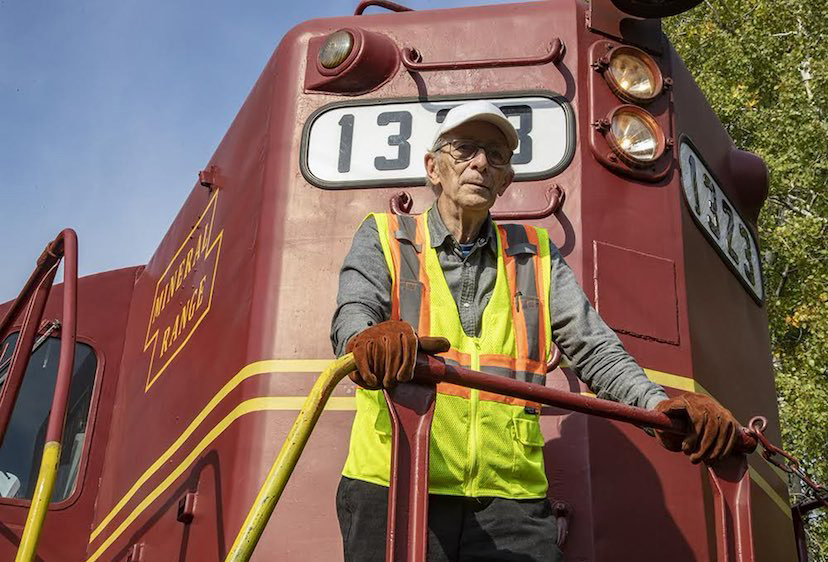

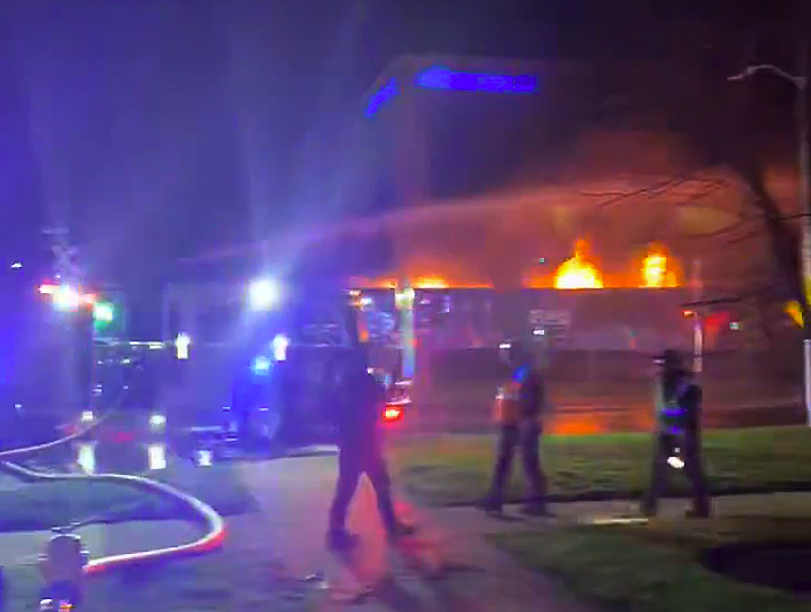
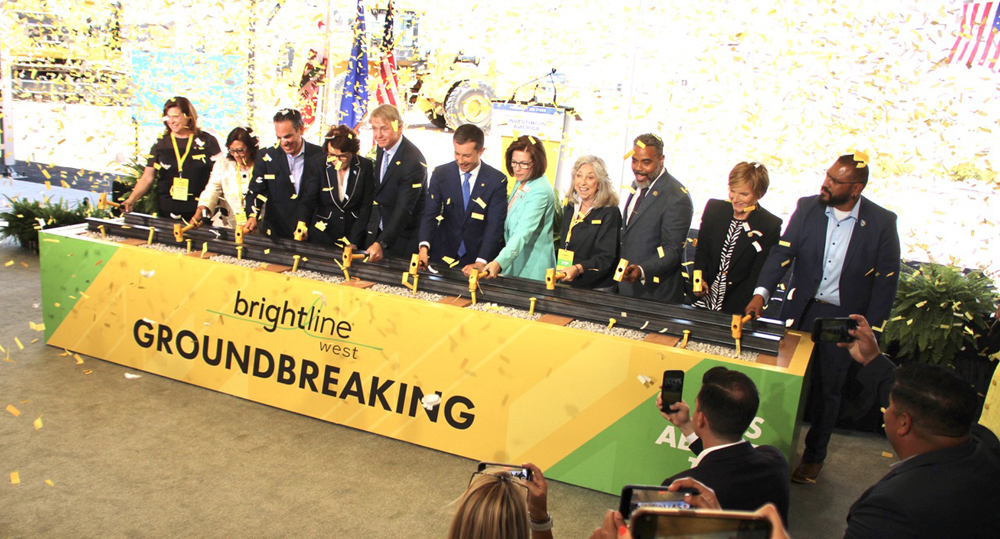
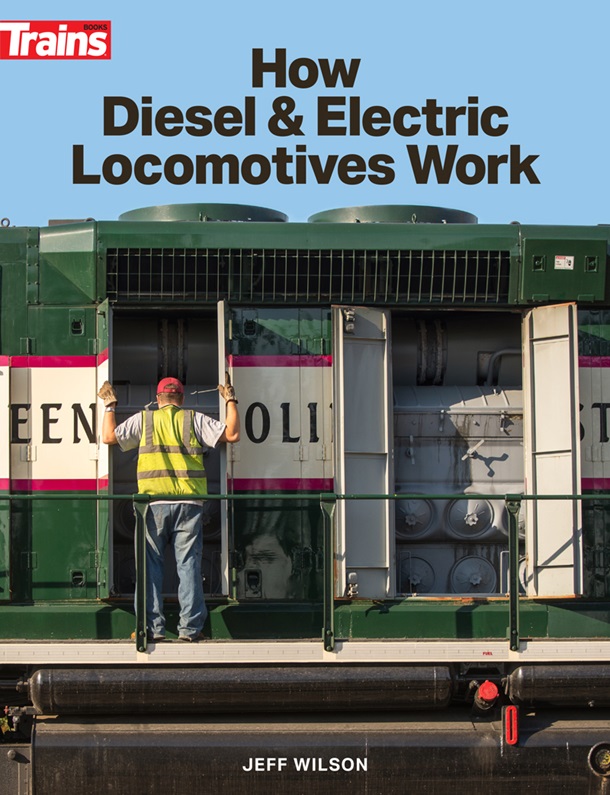
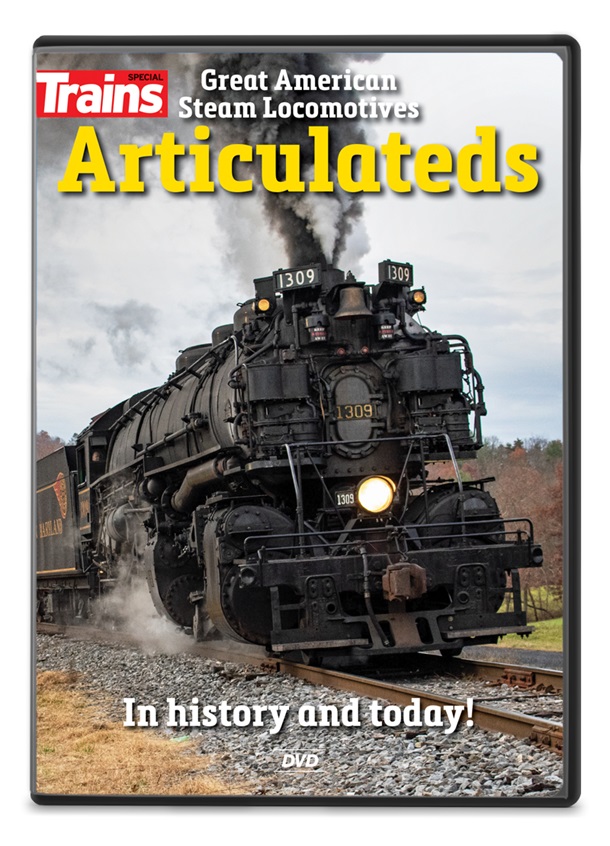
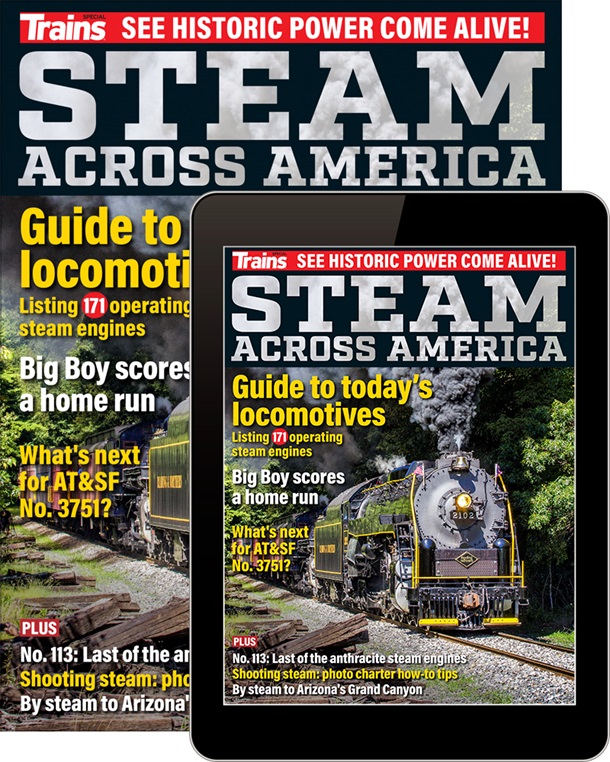
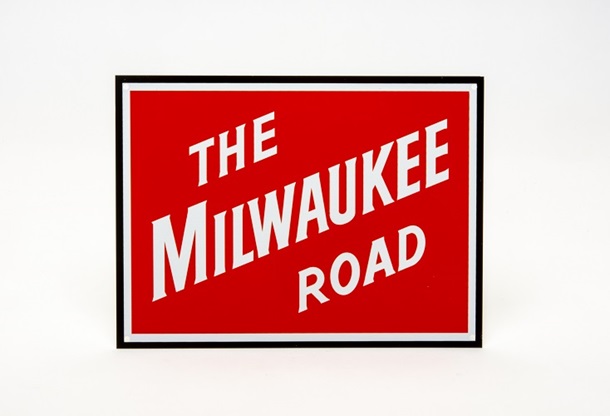
So is it Middletown & Iowa or Iowa & Middletown?
Transload is the future of carload freight and has the potential to wrest market share from trucks. Three to four trucks required for a carload, as well as supply chain buffering. Responsive short line service plus the cost savings to the connecting Class 1 being relieved of first/last rail mile costs means better service and lower prices to the shipper.
What happened to Mr. Shapira’s New Jersey & Northern Railroad?